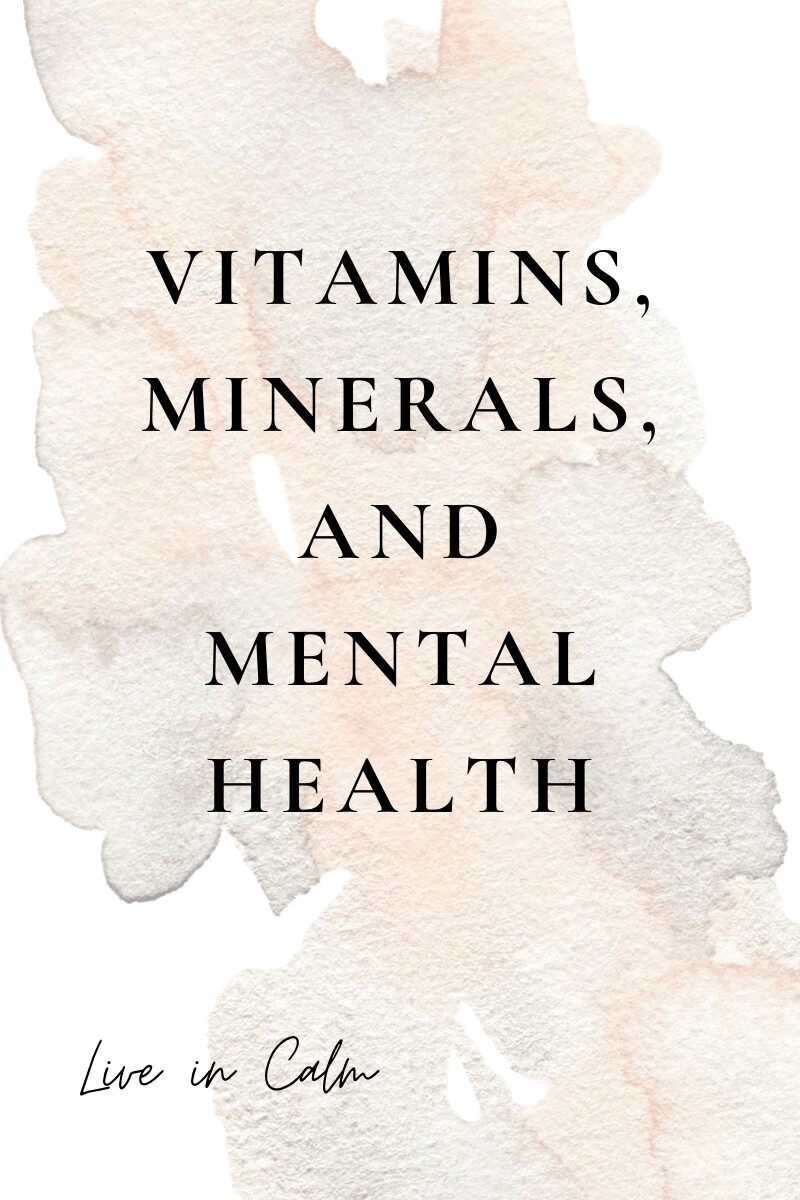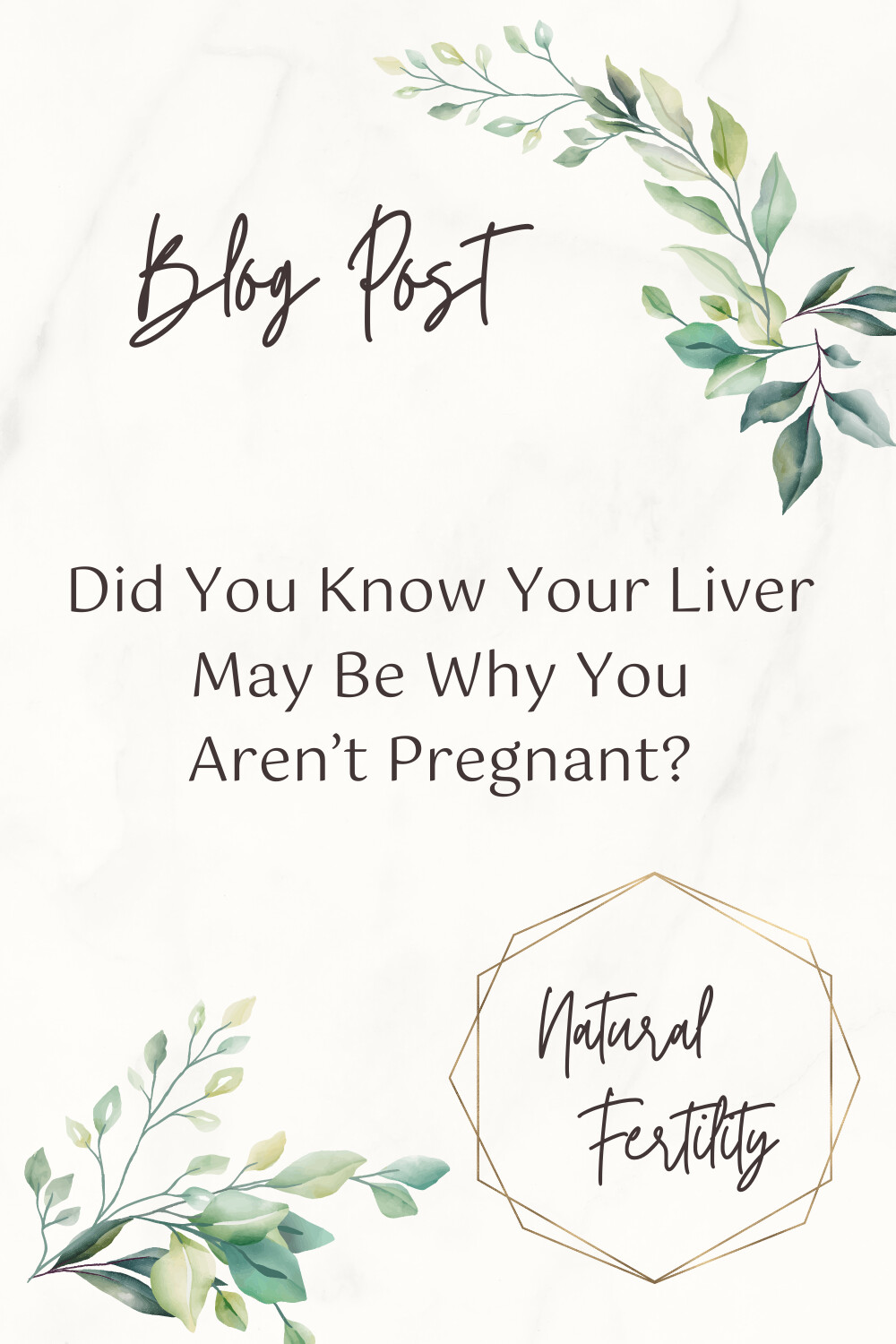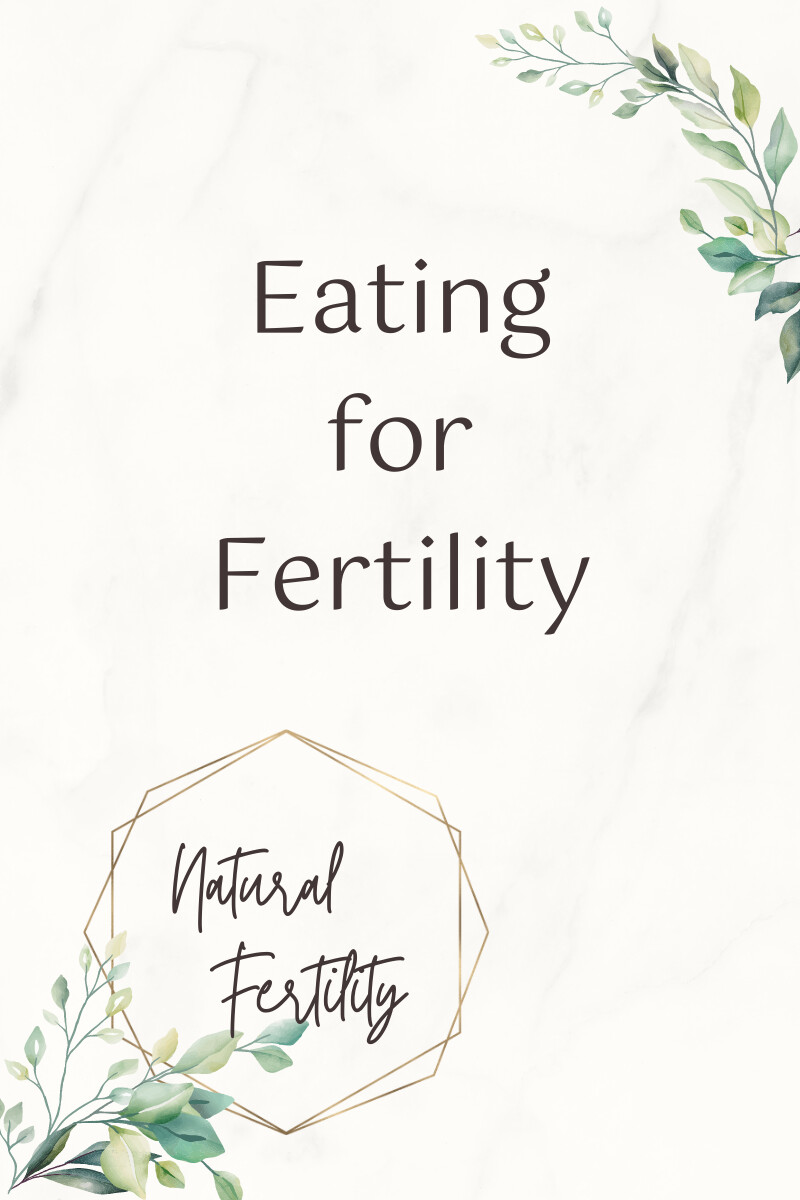Negative Effects of Sugar
We all know that sugar can negatively affect our blood sugar, but it negatively affects every system of our body. Here’s a snapshot.
- Respiratory System
- Sugar causes inflammation of the lungs
- It directly effects or even causes asthma
- Cardiovascular System
- Higher blood pressure
- Build up in veins
- Digestive System
- Pain and gas
- Cramping
- Triggers Irritable Bowel Syndrome
- 20% more likely to develope Chron’s Disease
- Liver
- It is the only organ that can metabolize sugar
- Too much sugar will cause fatty liver that will look like the liver of an alcoholic
- Endocrine System
- Sugar will create a chemical dependence on it
- Imbalances in one or more endocrine organs which affect all the others
- Reproductive System
- Erectile dysfunction
- Lipids from the sugar can shut down testosterone and elevate estrogen
- Urinary System
- Irritates the bladder
- Causes the kidneys to store bacteria which can lead to stones
- Immune System
- Researchers found in 1973 that it sugar suppresses this system
- Skin
- Acne
- Eczema
- Rosacea
- Negates the effects of collagen
- Nervous System
- Releases serotonin (this is a good substance) but relying on sugar to get a hit ends up turning into self medicating
- Relying on sugar to release dopamine leads to reduced dopamine release each time which leads to us consuming more sugar to release the desired level of dopamine
*Information from a lecture by N. Perez
What Science Has Found
PubMed.gov is a great place to find peer reviewed scientific studies. Here is what I found on their site.
“…A growing body of evidence points to a link between diet and female fertility. In fact, data show that a diet high in trans fats, refined carbohydrates, and added sugars can negatively affect fertility. Conversely, a diet based on the Mediterranean dietary patterns, i.e., rich in dietary fiber, omega-3 (ɷ-3) fatty acids, plant-based protein, and vitamins and minerals, has a positive impact on female fertility. An unhealthy diet can disrupt microbiota composition, and it is worth investigating whether the composition of the gut microbiota correlates with the frequency of infertility…” *1
“…Body weight and nutritional status are closely related to reproductive function. However, few studies have investigated the direct effects of dietary modification on fertility treatment outcomes. Research on nutrition in pregnancy suggests that reduction in glycemic load and micronutrient supplementation may improve pregnancy outcomes…” *2
“…Generally, the results indicated that healthy diets rich in some nutrients such as omega-3 fatty acids, some antioxidants (vitamin E, vitamin C, β-carotene, selenium, zinc, cryptoxanthin and lycopene), other vitamins (vitamin D and folate) and low in saturated fatty acids and trans-fatty acids were inversely associated with low semen quality parameters. Fish, shellfish and seafood, poultry, cereals, vegetables and fruits, low-fat dairy and skimmed milk were positively associated with several sperm quality parameters. However, diets rich in processed meat, soy foods, potatoes, full-fat dairy and total dairy products, cheese, coffee, alcohol, sugar-sweetened beverages and sweets have been detrimentally associated with the quality of semen in some studies…” *3
Its Code Names
Unfortunately for us, companies are really good at hiding sugar in their products. We have to become super sleuths and recognize the code names for what they really are. Here is a list to get you started.
- Agave nectar & syrup
- Barbados sugar
- Barley malt
- Barley malt syrup
- Beet sugar
- Birch syrup
- Blackstrap molasses
- Brown rice syrup
- Brown sugar
- Cane juice
- Cane juice crystals
- Cane sugar
- Caramel
- Carob syrup
- Castor sugar
- Coconut palm sugar
- Coconut sugar
- Confectioner’s sugar
- Corn sugar
- Corn sweetener
- Corn syrup
- Corn syrup solids
- Crystalline fructose
- Date sugar
- Dehydrated cane juice
- Demerara sugar
- Dextrin
- Dextrose
- Diastatic malt
- Evaporated cane juice
- Free-flowing brown sugar
- Fructose
- Fruit juice
- Fruit juice concentrate
- Galactose
- Glucose
- Glucose solids
- Golden sugar
- Golden sugar
- Grape sugar
- High fructose corn syrup
- Honey
- Icing sugar
- Invert sugar
- Jaggery
- Lactose
- Levulose
- Malt syrup
- Maltodextrine
- Maltol
- Maltose
- Mannose
- Maple Syrup
- Molasses
- Muscovado
- Oat syrup
- Palm sugar
- Panela
- Panocha
- Powdered sugar
- Rapadura
- Raw sugar
- Refiner’s syrup
- Rice syrup
- Rice malt syrup
- Saccharose
- Sorghum (sweet) syrup & molasses
- Sucrose
- Syrup
- Tagatose
- Tapioca syrup
- Treacle
- Trehalose
- Turbinado sugar
- Vegetable juice
- Vegetable juice concentrate
- Yellow sugar
- Yacon syrup
List from That Sugar Movement
Healthy Swaps
Just because sugar is out doesn’t mean that we can’t enjoy anything sweet. Trust me, I know that no woman can live that way. Here are some blood sugar safe options that don’t tear down the body.
- Stevia (make sure that sneaky brands aren’t adding maltodextrin)
- Xylitol
My favorite brand is Pyure; it’s a stevia based sweetener. It comes in granulated and powdered form for all your baking/cooking needs.
One of my best friends also recommends Trim Healthy Momma’s stevia.
————————
Footnotes
*1 Skoracka K, Ratajczak AE, Rychter AM, Dobrowolska A, Krela-Kaźmierczak I. Female Fertility and the Nutritional Approach: The Most Essential Aspects. Adv Nutr. 2021 Dec 1;12(6):2372-2386. doi: 10.1093/advances/nmab068. PMID: 34139003; PMCID: PMC8634384.
*2 Lim SS, Noakes M, Norman RJ. Dietary effects on fertility treatment and pregnancy outcomes. Curr Opin Endocrinol Diabetes Obes. 2007 Dec;14(6):465-9. doi: 10.1097/MED.0b013e3282f1cfc6. PMID: 17982353.
*3 Salas-Huetos A, Bulló M, Salas-Salvadó J. Dietary patterns, foods and nutrients in male fertility parameters and fecundability: a systematic review of observational studies. Hum Reprod Update. 2017 Jul 1;23(4):371-389. doi: 10.1093/humupd/dmx006. PMID: 28333357.













0 Comments